The Polynesian Panthers: What you need to know
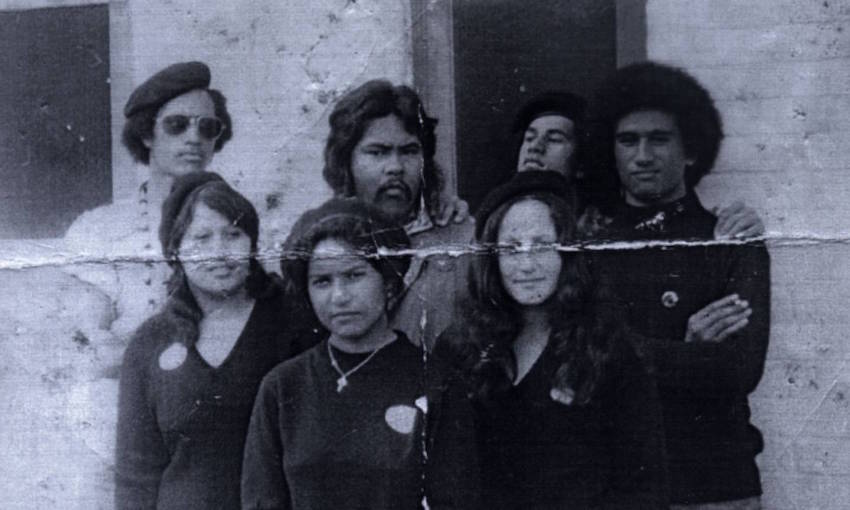
Ahead of the New Zealand governments Dawn Raid apology this week, we take a look at The Polynesian Panthers and their political and social justice movement. Their call for an apology came as part of their 50th anniversary commemorations.
Who were the Polynesian Panthers?
The Polynesian Panther Party (PPP) was a revolutionary social justice movement formed to target racial inequalities carried out against indigenous Māori and Pacific Islanders in Auckland, New Zealand. Founded by a group of young Polynesians on 16 June 1971, the Panthers worked to aid in community betterment through activism and protest, education, legal aid, and other social resources.
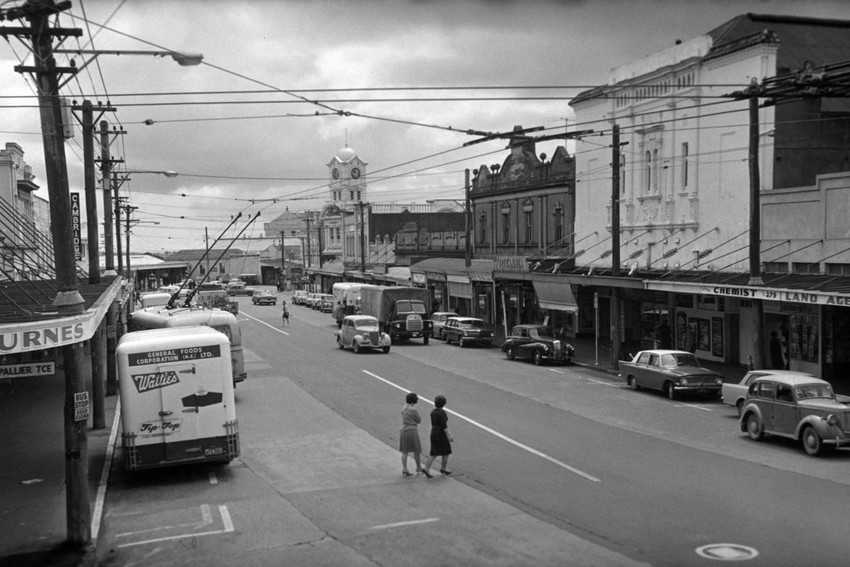
What was the Polynesian Panthers Party’s ties to the Black Panthers?
The Polynesian Panthers were explicitly influenced by the American Black Panther Party, particularly African-American revolutionary Huey Newton’s policy of Black unity through his global call-to-action. Huey Newton was a co-founder of the Black Panther Party with Bobby Seale. Under Newton's leadership, the Black Panther Party founded over 60 community support programs including food banks, medical clinics, sickle cell anemia tests, prison busing for families of inmates, legal advice seminars, clothing banks, housing cooperates, and their own ambulance service. These acts of community care served as an inspiration to the Polynesian Panthers movement to serve the Polynesian community in Aotearoa not only through protest of injustices but also through grassroots community initiatives.
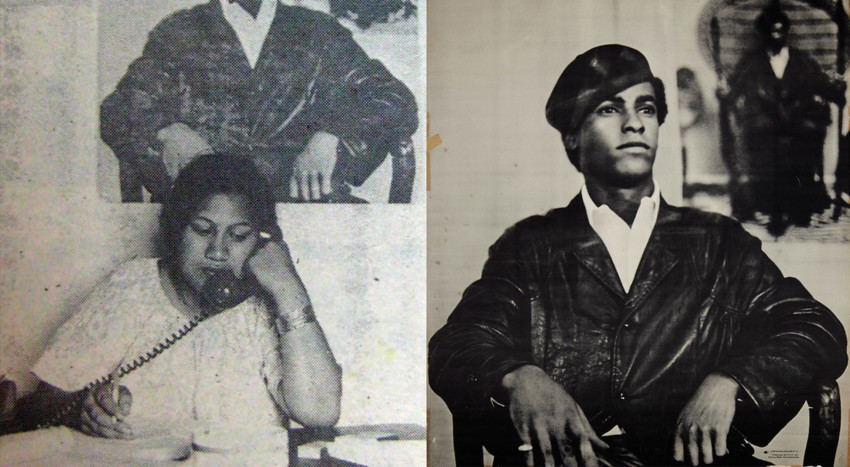
The Dawn Raids Era and The Protests
The Dawn Raids was a crackdown in New Zealand from the mid-1970s to the early 1980s on overstayers from the Pacific Islands. These operations involved special police squads conducting raids on the homes and workplaces of Pasifika overstayers throughout New Zealand usually at dawn. Though the majority of people overstaying were from the UK, Australia and South Africa, the dawn raids disproportionately targeted over-stayers of Pacific Islander heritage.
The Polynesian Panthers greatly increased in profile through continued protesting and advocacy for Polynesian rights during the Dawn Raid Era. In protest, Polynesian Panther members would organise "counter raids" on the homes of several prominent cabinet members who were in favour of the raids, by surrounding them with light and chanting with megaphones. The government's dawn raids ended less than three weeks after the Panthers began their protest. During this time, the Polynesian Panthers Party continued to provide legal aid to detainees.
Community Outreach
The Polynesian Panthers organised activities, workshops and community initiatives in place of lacking social resources available to Polynesians at the time. Among these were...
- Homework centres and tutoring for Pacific children.
- Programs educating Māori and Pacific Islanders on their rights as New Zealand citizens.
- Legal aid advocating for those unjustly evicted, fired, lost their visas or under threat of deportation.
- Free meal programs and food banks for roughly 600 families.
- Youth programs intended to inspire community initiative and discourage gang integration.
- Prison-visit programs.
- And many more other grassroots initiatives
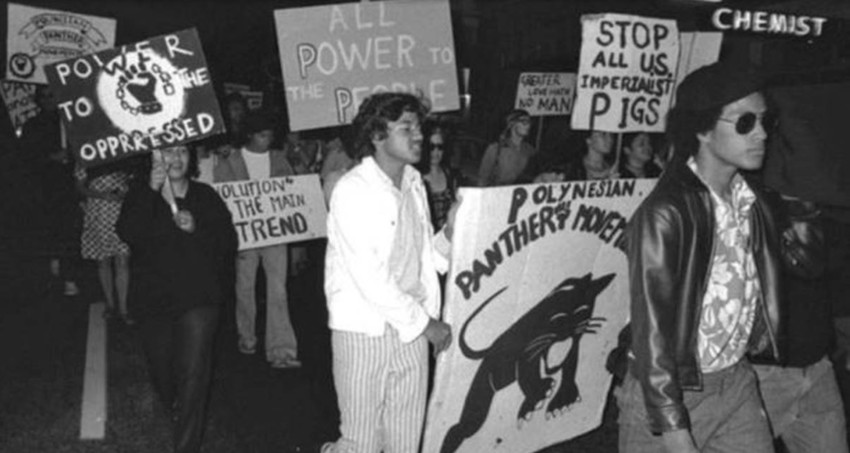
The Panthers Today
The Apology
This year marks the 50 year anniversary of the Polynesian Panthers. During their 50th anniversary activities former Polynesian Panther members joined young people in Aotearoa in petitioning the New Zealand government for an official apology for the dawn raids. On 14 June 2021, PM Jacinda Ardern confirmed that the Government would formally apologise for the Dawn Raids.
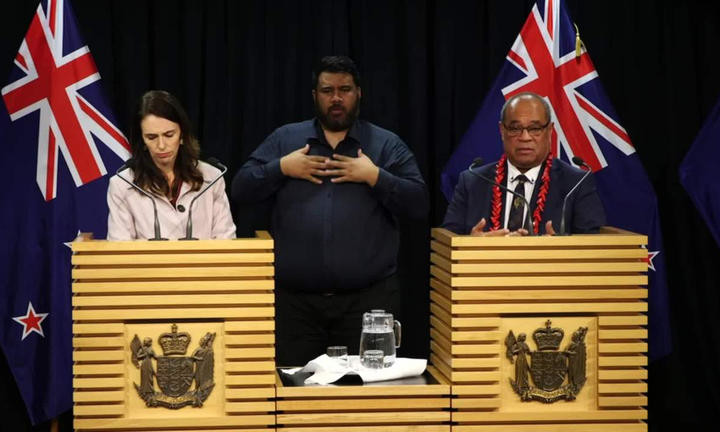
The Royal Commission of Inquiry into Abuse in Care: Pacific Investigation
Yesterday member of the Polynesian Panther Party Tigilau Ness gave a witness statement to the commission investigating state abuse and impact of the Pacific community in New Zealand.
The statement was to provide context around Pacific Island people living in Aotearoa New Zealand from the 1950s. As part of this, Tigilau talked about the Polynesian Panthers, his role in it and the socio-political forces at play during that time.
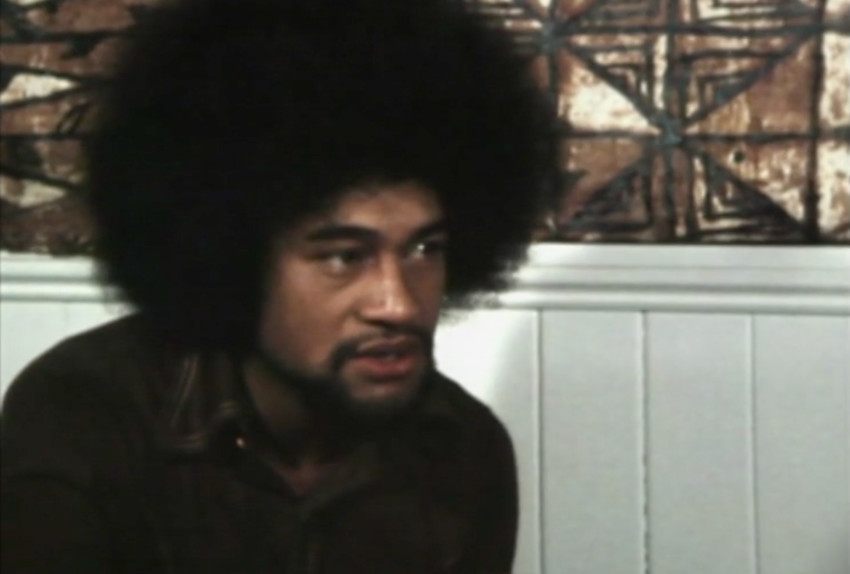
---
Cover Photo:
BACK L-R: Ariu ‘Lanky’ Sio, Eddie Williams, Henry Nee Nee AND Wayne Toleafoa. FRONT L-R: Ama Rauhihi-Ness, Betty Nee Nee AND Janice ‘JT’ Taylor (Via The Spinoff)
